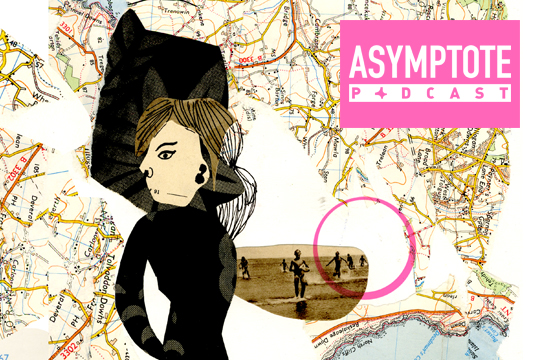Podcast: Play in new window | Download
Subscribe: iTunes | Android | RSS
It’s early March and here in the northern hemisphere, we’re all ready for spring. Take a walk in the park with the new Asymptote podcast as Layla Benitez-James discusses all manner of transplants. Crossing borders and taking root in a new creative (eco)system, artist Lauren Moya Ford shares new writing in her native English and non-native Portuguese—a language she is still learning, but already exploring in her composition. In a kind of mixture of translation and botanical study, these writings blend bright description with flora inspired research calling back to the likes of Andrea Wulf’s The Brother Gardeners and W. G. Sebald’s own hybrid text Austerlitz. Imagine flowers “the size of loose fists or dinner plates”, or hothouses that defy natural habitats and artificial borders. Our latest episode will be a breath of fresh air and more.
Podcast Editor and Host: Layla Benitez-James
Music provided by TinyTiny Trio, free for non-commercial and artistic use.








